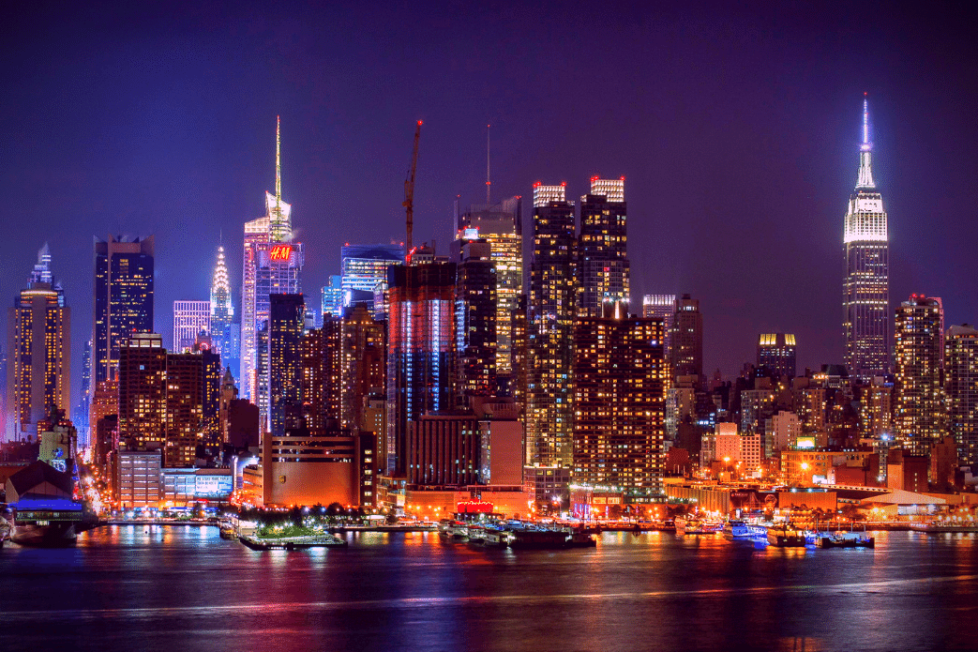NYC creates taskforce to address pandemic-related harassment

New York City’s human rights commission has assembled a COVID-19 response team to address a spike in pandemic-related harassment and discrimination cases. The team is currently looking into 18 incidents of housing and public accommodation discrimination, as well as race, national origin, and disability bias.
According to the commission, 248 COVID-19-related discrimination reports have been filed since February, with more than 40 per cent identified as anti-Asian harassment. The numbers represent a dramatic rise over the same period last year, where officials only received 5 such reports.
“All New Yorkers are facing extraordinary levels of stress right now; discrimination and harassment should not be among them,” Chair and Commissioner of the NYC Commission on Human Rights, Carmelyn P. Malalis, said in a statement.
“Even in the midst of a pandemic, human rights cannot be violated, and we encourage anyone who has experienced COVID-19- related discrimination to report it to us.”
NYC residents who are a victim of pandemic-based discrimination are asked to call 311 and say “human rights” or go online to file a report.
Victims and witnesses of hate crimes are asked to call 911.
An uptick in violence towards people of Asian descent isn’t the only way COVID-19 is revealing racial bias in the U.S.
Earlier this month, a UN independent human rights experts called on governments to commit to racial equity and equality in their response to the COVID-19 pandemic. The call-to-action comes amid reports that African Americans are significantly more likely to die from COVID-19 when compared to other races in parts of the U.S., even in areas where the population is predominantly white.
In a UN press release, The Working Group of Experts on People of African Descent identified “structural discrimination” as an element that could worsen health care inequities and could contribute to a disproportionate number of COVID-19 deaths for people of African descent.
“Despite robust responses, states have not recognized the specific health risks faced by people of African descent or how racial discrimination and implicit bias and racial stereotypes may pervade policy,” Ahmed Reid, the working group’s chair, said in a statement.
